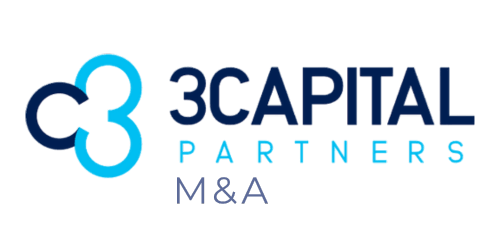
Understanding Valuation
Valuation is a complex process that involves various financial and economic variables to determine the fair value of a company. This process is essential not only for negotiations but also for strategic planning, successions, and restructurings. Let’s understand the main valuation methods:
Discounted Cash Flow (DCF) Method: this is one of the most used methods to evaluate companies. DCF calculates the present value of the company’s expected future cash flows, discounted by a rate that reflects the risk of these flows. In other words, it projects how much money the company will generate in the future and brings that value to the present.
Market Multiples Method: this method compares the company with others that have recently been sold or are listed on the stock exchange. It uses financial multiples, such as P/E (price/earnings) or EV/EBITDA (enterprise value/EBITDA), to estimate the company’s value.
Asset-Based Method: also known as the book value method, it evaluates the company based on its net worth, that is, the difference between its assets and liabilities. It is a simple method, but it may not reflect the true value of the company, especially for companies with many intangible assets.
End-to-End Valuation
For a comprehensive valuation of your company, it is essential to analyze various stages, such as:
1. Financial Analysis: a detailed evaluation of the company’s financial statements, including the balance sheet, income statement, and cash flows, is essential. These documents provide insights into the company’s financial health and revenue-generating capabilities.
2. Growth Prospects: growth projections are vital for valuation. This involves analyzing market trends, sector innovations, and expansion strategies. Companies with high growth rates tend to have higher valuations.
3. Risks and Challenges: identifying the main risks and challenges the company faces is crucial for accurate valuation. This can include economic, regulatory, market, and operational risks. A well-done evaluation considers these factors to adjust the company’s value according to the associated risk.
4. Intellectual Capital and Brand: intangible assets, such as brand and intellectual capital, can represent a significant portion of a company’s value. Brand reputation, patents, and intellectual property are considered for a more comprehensive evaluation.
Count on 3Capital
At 3Capital, we understand that each company is unique and requires a personalized approach to valuation. Our team of specialists has extensive experience in mergers and acquisitions, offering a detailed and accurate analysis of your company’s value.
With 3Capital, you will have the security of a valuation conducted by professionals who deeply understand the market and the particularities of your business. Whether for negotiation, investment raising, or strategic planning, we are ready to assist your company in achieving its goals. Contact us!



